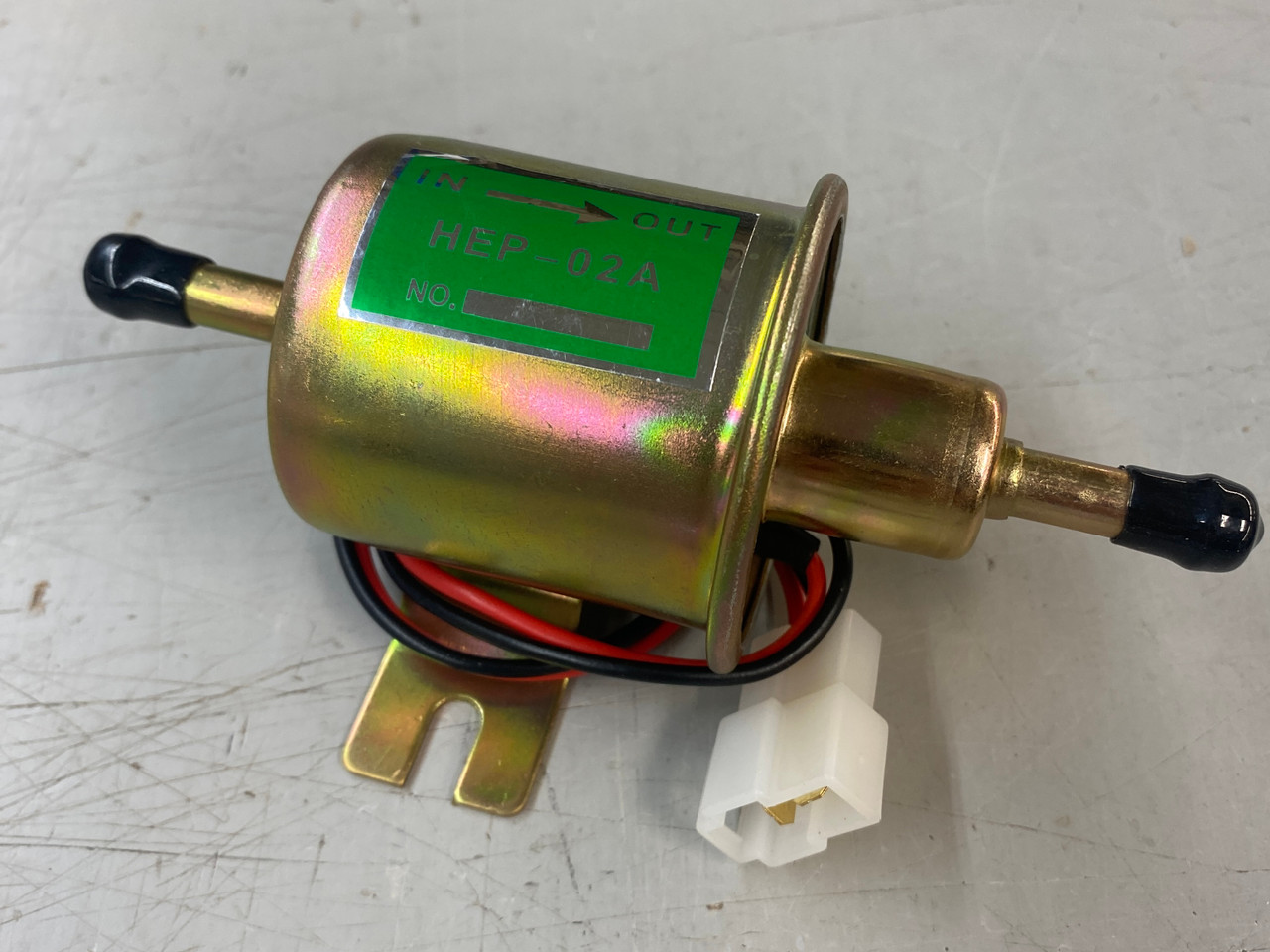In the world of automotive engineering, the fuel pump plays a crucial role in ensuring the smooth and efficient operation of a car's engine. As technology advances, various types of fuel pumps have emerged, each with its own unique features and advantages. In this blog post, we will delve into the intricacies of the most commonly used fuel pump in cars, providing you with valuable insights into its functionality, benefits, and significance in the automotive industry.
- The Electric Fuel Pump:
At the heart of modern car engines lies the electric fuel pump, a compact yet powerful device that delivers fuel from the gas tank to the engine. Unlike its mechanical counterparts, electric fuel pumps are driven by an electric motor, offering several advantages such as precise fuel delivery, enhanced performance, and improved fuel efficiency. These pumps are commonly found in both gasoline and diesel-powered vehicles, making them a staple in the automotive industry. - Key Components and Working Principle:
To understand the inner workings of an electric fuel pump, we need to explore its key components and how they interact. The pump consists of an electric motor, an inlet and outlet, a fuel filter, and a pressure regulator. When the ignition is turned on, the electric motor activates, creating a vacuum that draws fuel from the tank through the inlet and into the pump. The fuel is then pressurized and filtered before being delivered to the engine via the outlet. The pressure regulator ensures that the fuel is delivered at the optimal pressure for efficient combustion. - Advantages of Electric Fuel Pumps:
The widespread adoption of electric fuel pumps can be attributed to their numerous advantages. Firstly, their compact size allows for flexible installation, making them suitable for a wide range of vehicle designs. Secondly, electric fuel pumps offer precise fuel delivery, ensuring that the engine receives the right amount of fuel at all times. This not only improves performance but also reduces emissions and enhances fuel efficiency. Additionally, electric fuel pumps are more reliable and durable compared to their mechanical counterparts, resulting in longer service life and reduced maintenance costs. - Future Developments and Innovations:
As automotive technology continues to evolve, so does the field of fuel pump engineering. Researchers and manufacturers are constantly exploring new ways to improve fuel pump efficiency, durability, and environmental impact. One notable development is the integration of advanced sensors and control systems, allowing for real-time monitoring and adjustment of fuel delivery. Furthermore, the emergence of electric and hybrid vehicles has led to the development of specialized fuel pumps that cater to their unique requirements, such as higher pressure and compatibility with alternative fuels.
Conclusion:
In conclusion, the electric fuel pump stands as the most commonly used fuel pump in cars, revolutionizing the automotive industry with its efficiency, reliability, and performance. Its compact design, precise fuel delivery, and durability make it an indispensable component in modern vehicles. As technology advances, we can expect further innovations in fuel pump design, paving the way for more efficient and sustainable transportation systems.

